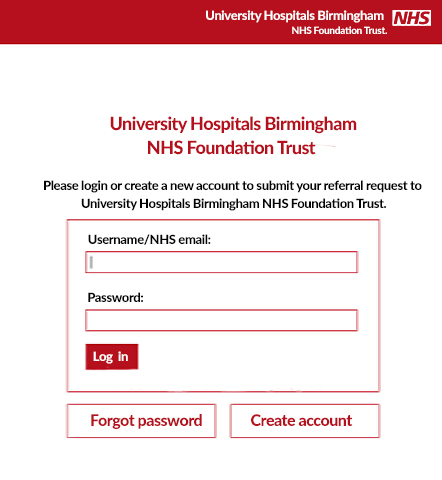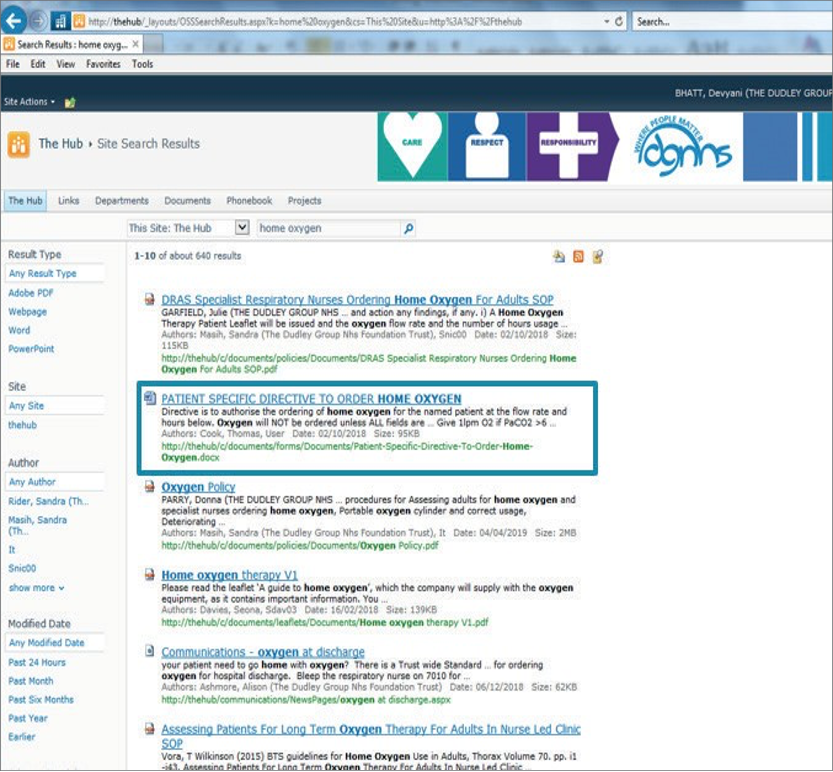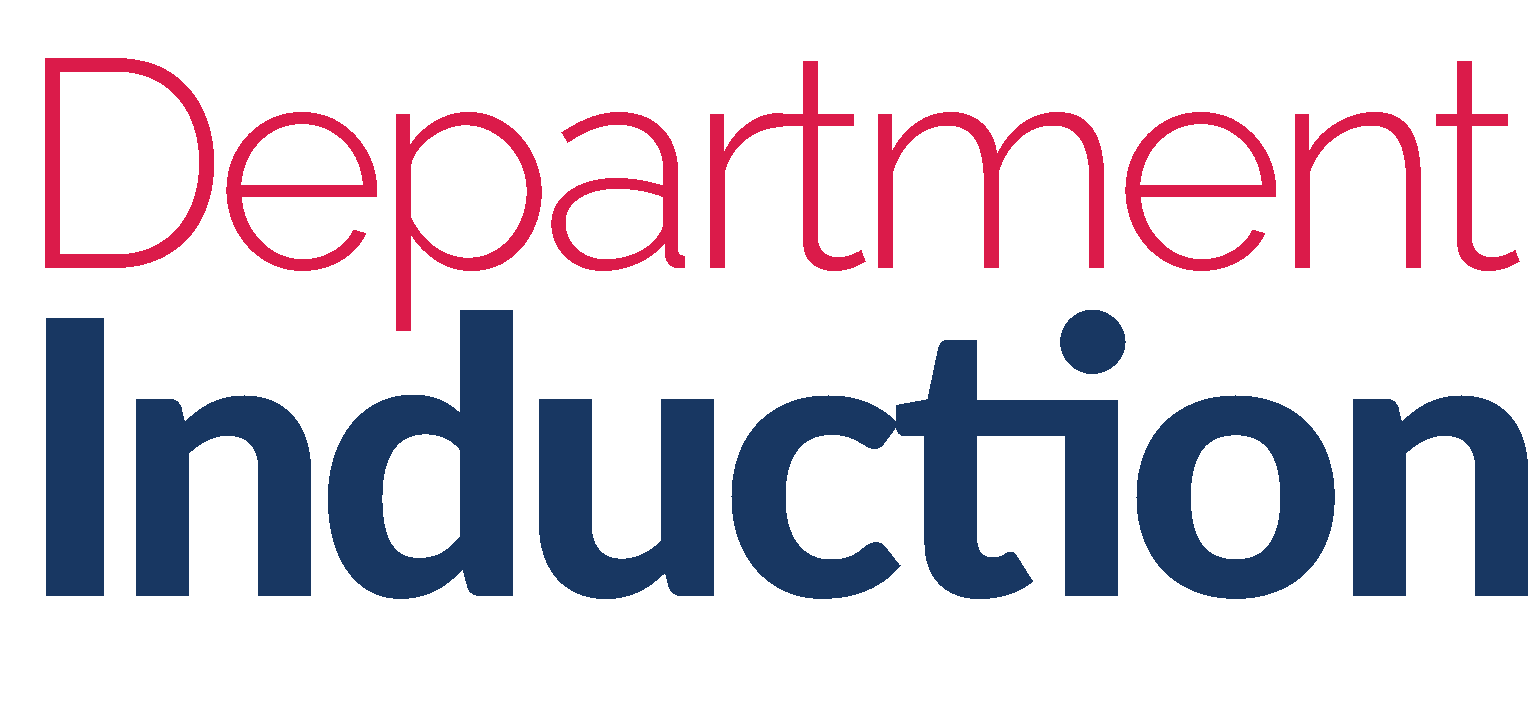
Essential Teams
Essentials Teams induction booklet was contributed by the following;
written by physician associate Richard Tullett
reviewed by Mr A Rehman
updated by Mr A Rehman
Select the booklet titles below to expand the table to view more information.
- NORSE is an online referral system to the Queen Elizabeth Hospital. There are many departments which you can refer to using NORSE but the most common referral you will make is to.
- A common NerveCentre task is to chase an outcome from NORSE or update NORSE after further imaging has been.
- If you have been asked to update NORSE following repeat imaging, login to NORSE, select the correct patient and click on ‘send a message’. Answer any questions the doctors at the QE have asked which may relate to the patient’s current symptoms, conscious level and medications they Inform them the scan has been done and include the scan report in your message.
- You then need to link the images to the QE. You do this by ringing ‘PACS’ on extension Out of hours you can ring X-ray (extension 2327) who will also be able to transfer the images for you.
- You will need to create your own NORSE log in. This can be done by accessing the NORSE log in link found on the front page of The Hub (on the right-hand side of the page there is a list of links, it is in there). Once on the NORSE page, there is a create account link.

- For a review, email a referral (available on the Hub) to the team and the patient will be seen by a consultant/ registrar and During day the bleep is 7010.
- For home oxygen, fill out the form on the hub (‘Patient Specific Directive’) with latest ABG results.
- No need for ABG in palliative patients (Prognosis of < 6 weeks needs to be clearly documented within the medical notes).
- Bleep them once this form is filled out and they will sort the rest.

Royal Orthopaedic Referrals
- Usually done for metastatic spinal cord compression (MSCC) patients- for consideration of surgical decompression . If radiotherapy is to be considered instead, (AOS will help liaising with New Cross for this).
- Via refer patient.org
- Please document the ID key within the medical notes so that the referrals can be tracked (and print the referral for good measure). Note that you will keep receiving emails or getting phone calls unless you handover the patient on the system
- Pictures need linking as well (similar process to NORSE).
- Oncology opinion usually required
- Jobs which need to be done out of hours can be added onto NerveCentre (available via the Hub).
- Ensure you have a clear handover
- If it’s checking results, try to be specific and give a plan for a For example: “review bloods, specifically inflammatory markers. If CRP is <100 patient can be switched to oral co-amoxiclav 625mg TDS”.
- If you need to add a patient onto a specialties MDT, ring switchboard and ask to be put through to that specialties MDT If switchboard do not have a number, try ringing a secretary from that specialty who may be able to help you.
- Neuro-oncology forms (usually linked through on NORSE) will need to be sent before noon on Mondays for the patient to be discussed at the MDT at QEHB.
The Critical Care Outreach Team a group of experienced critical care nurses who have support from consultant intensivists. Their role is to help the medical and surgical teams in managing acutely unwell patients and they also review patients who have been discharged from Critical Care to general wards. They can be contacted through their bleep; 7838. They also comprise part of the Medical Emergency Team who arrive when 2222 is called.
The Deteriorating patient team (DPT) provides a seven day service between the hours of 07.00-17.00 on bleep 5400 ; our aim is to develop a collaborative approach to support the multidisciplinary staff within trust to improve their early recognition, treatment and escalation. We offer support utilising our specialised skills to care for patients with, or at risk of , critical illness across the trust taking responsibility for providing training in deterioration and resuscitation ensuring safe effective care is given at all times.
The Hospital at Night (H@N) service is a multidisciplinary team approach which provides safe and effective clinical care outside normal working hours. The service starts from 17:30hrs to 07:30hrs (Monday to Friday) and covers 24hrs during weekends and bank holidays. H@N is available on ext. 5282 and bleep 5455.
The team consists of Advanced Clinical Practitioners (ACP) who have appropriate skills to assess and treat patients. Our aim is to ensure acutely ill patients are seen in order of priority and receive effective care and timely escalation. We also facilitate effective handover of sick patients throughout the hospital, provide support for both medical and nursing work force and reduce the amount of time spent working in isolation. We work alongside medical and surgical teams, the deteriorating patient team and outreach teams and also take part in medical emergency calls (MET calls).
- Consists of a medical registrar, anaesthetist/ITU registrar, SHO and an FY1 as well as the CCOT
- They will provide assistance in serious
- Put in sensible parameters for a If a young, otherwise healthy patient has an SBP consistently of 100, then maybe you could discuss with your seniors to set a parameter for ‘trigger if SBP <90’.
- MET teams can be called for situations such as:
- Peri-arrest situations
- Sudden deterioration in NEWS
- Unresponsive
- Sudden desaturation
- If a move to ITU/HDU would be appropriate
- Don’t be afraid to call the MET team if you are struggling
- Help the team out by getting a cannula in, bloods, ECG, ABG and keeping the notes handy!
- Also a good idea to check if a DNAR is in place/if one is appropriate.
Other Important Teams
Contact via bleeps. Generally the form of communication you’ll use the most! Call switch to find out bleeps for the speciality and grade you need to contact.
Anaesthetist: (e.g. to add patient on a theatre list, Hickman/PICC lines queries)– usually available via bleep.
Anticoagulation: referral on Sunrise for anticoagulation advice and reviews such as warfarin dosing, or commencing a new anticoagulant. (Ensure INR available).
Blood bank: Request blood products (via extension 2488).
Cardiology: will probably ask for an ECG/ECHO if appropriate. On call registrar 7235. There is also an online referral form in the cardiology section on the hub which can be filled in and emailed.
DALT (Drug and Alcohol Liaison Team): can give you advice, based mostly in Atlantic House however they have a specialist nurse bleep on 7873.
Dermatology: email: dgft.dermatologysecretaries@nhs.net . They may ask for medical photography to take photos so they can review remotely.
DOT (Diabetic Outreach Team): can help you optimise patients diabetic control. Have specialist nurses on bleep 7533, referrals are made through Sunrise – under ‘think glucose’ document.
Endocrine: through switch board (consultant).
Falls clinic: Dr Michael’s secretary.
Gastroenterology: Sunrise referrals for gastroenterology reviews and formal advice.
Haematology: referrals to the registrar (bleep 2086) or consultant (bleep 7425 or on their mobile through switchboard). Form also available on Sunrise.
Interventional Radiology: book what you need on Sunrise then go down to the IR consultants and discuss the case (commonly angioplasties for vascular surgery)– or alternatively email the consultants for rarer requests. They like the patients to have an INR < 1.4.
Memory clinic: Dr McGrath’s secretary, the form for this is on the hub.
Medical registrar: ask to bleep the medical registrar for wards.
Microbiology advice: call the on call microbiologist through switch board. Have the patient history, observations, blood results and drug charts ready!
Neurology: referrals can be sent to dgft.neurologysecretaries@nhs.net (consultant review).
Nutrition team: referrals via Sunrise- Especially for enteral feed (e.g. PEG).
Oncology (‘Acute Oncology Service’):For patients with known cancer on systemic treatment or 1st presentation of metastatic spinal cord compression. The CNS is available via bleep 8974 or on extension 3425. The consultant might review patients for 1-2 h per day. If out-of-hours advice is needed, AOS at New Cross can be contacted through switchboard. In general, any patient referred for consideration of surgical intervention (e.g. via NORSE) will likely need oncology review (performance status, prognosis, re-staging CT scans …).
Pain team: Russells Hall has an acute pain team led by an anaesthetist for reviews and advice. You can contact through the acute pain specialist nurse on 7851.
Palliative team: referrals via orders on Sunrise – The CNS and palliative consultants are particularly helpful for symptom control in end-of-life (EOL) patients – e.g. prescribing syringe drivers for analgesia. Out-of-hours, the palliative registrar/consultant at Compton hospice is available via switchboard. Anticipatory medications guideline for EOL patients is found on the Hub.
Pharmacy: some wards may have a ward-based pharmacist who will carry a bleep. If not then pharmacy can be contacted on extension 2448/ 4504. The on-call pharmacist can be contacted via switchboard and is available out of hours.
Psychiatry: divided into 2 teams based on the patient’s age. Old age psych can be contacted on bleep 8959, psych liaison on bleep 8074.
Radiology: All investigations should be requested first on Sunrise. The protocol is that only registrar and above should be discussing imaging for expediting (although you could and likely will be asked to do so). Some things like ‘head injury and patient on warfarin’ can be taken to the radiographer and booked in asap. Ring CT room 2043 if you have patients that fit this kind of criteria and they may authorise CT scans more quickly. Email: xraysecretaries@nhs.net to get an X-ray reported.
Renal: Contact the on-call Dr via switchboard.
Respiratory (non- DRAS): (e.g. for pleural drains/IPC insertions) contact the team via switchboard (contact the ward/C5 if unable to get a response after bleeping).
Stroke: if you are concerned about a patient having a stroke, the stroke nurse can add their expertise with assessment and help organise transfer to the stroke unit if appropriate. They are on a bleep 7851. There are also stroke registrars for other advice.
Surgery: contact the on-call registrars (Bleep 7954/8933) if a surgical opinion is required.
T&O: may ask for a formal report on any radiographs you have requested. They have an outliers SHO and a new patient SHO/registrar which can be confusing, but they will direct you to the right person.
Urology: contact the on-call registrar during the day (the surgical on-call team need to be contacted first out-of-hours).
Vascular: all vascular referrals must go through the on call consultant on 8975, or registrar on 8930/8936/5098.
Health and Wellbeing
Staff that are happy and thriving in their working environment will inevitably have a more enjoyable experience in the workplace, contributing to the provision of excellent health care for all of our patients. The Dudley Group recognises our commitment to staff wellbeing in a variety of ways.
Select the link below to find out more how the Trust can support you.

